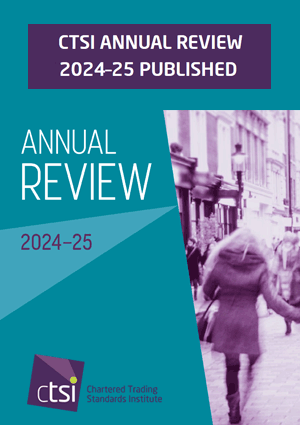National Institute for Health and Clinical Excellence (NICE)
|
|
Planning for the International Recognition Procedure
5 ways NICE Advice can help you navigate this new opportunity alongside health technology assessment.

Are you a pharmaceutical company considering the International Recognition Procedure (IRP) for your UK market entry? While the IRP offers opportunities for faster access to the UK market, it also presents new challenges for your NICE technology appraisal submission. Our trusted support service, NICE Advice, is here to help you successfully navigate this new pathway from a health technology assessment perspective.
1. Understanding the IRP landscape
The IRP allows you to apply for UK marketing authorisation based on approvals from other international regulators. You can visit the Medicines and Healthcare products Regulatory Agency’s (MHRA’s) website for more detailed information on the IRP. You’ll also find helpful information in NICE’s report Implications of using the IRP for a NICE technology appraisal evidence submission.
2. Aligning with NICE evidence requirements
NICE's evidence requirements remain unchanged, regardless of your regulatory approval route. Are you confident that your evidence package will still meet these standards if you follow the IRP path? NICE Advice can help you in your preparations for a future technology appraisal by advising on evidence requirements for your product and approaches to addressing any gaps. Learn more about our scientific advice service.
3. Tackling timeline challenges
Using the IRP might mean submitting to NICE before your submission to the MHRA. Sound challenging? Our experts can advise on this process, ensuring you are prepared to meet all crucial deadlines without compromising on the quality of your submission.
4. Addressing evidence maturity
Using the IRP can potentially accelerate your UK market access journey. But how do you balance this opportunity against possible increased uncertainty in your evidence base? NICE Advice can help you weigh up these factors and make informed decisions.
Early use of the IRP could mean working with interim analyses or conditional approvals. How do you handle potentially immature clinical effectiveness data at the time of your NICE evaluation? NICE Advice can help you explore strategies to mitigate these challenges, including managed access proposals.
5. Navigating surrogate endpoints
If your regulatory approval is based on surrogate endpoints, you might face additional scrutiny in your NICE evaluation. Our team can help you to explore risk mitigation strategies before deciding on a UK approval route.
So, if you're considering pursuing the IRP as your route to UK market entry, get in touch. Our NICE Advice service can help guide you through the process and help you avoid major roadblocks when it comes to your NICE evaluation.
Reach out to our friendly and expert team. It only takes a few minutes to complete our enquiry form – simply provide a brief overview of your product and the support you're looking for, and we'll get back to you. We’ll offer you a free 30-minute call to fully understand your IRP challenges.
Original article link: https://www.nice.org.uk/news/blogs/planning-for-the-international-recognition-procedure


